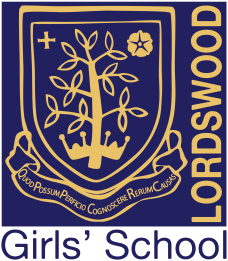Exam board
AQA
Specification
Click here
What is the qualification?
One full GCSE awarded at grades 9 – 1. There is no foundation paper option.
What will students be doing on the course? How will it be structured?
Paper 1
Section A : Conflict and tension, 1918–1939
This wider world depth study enables students to understand the complex and diverse interests of different individuals and states. It focuses on the causes of the Second World War and seeks to show how and why conflict occurred and why it proved difficult to resolve the issues which caused it. This study also considers the role of key individuals and groups as well as how they were affected and influenced by international relations.
Section B : Germany, 1890–1945: Democracy and dictatorship
This period study focuses on the development of Germany during a turbulent half century of change. It was a period of democracy and dictatorship – the development and collapse of democracy and the rise and fall of Nazism. Students will study the political, economic, social and cultural aspects of these two developments and the role ideas played in influencing change. Students will also look at the role of key individuals and groups and the impact the developments had on them.
Paper 2
Section A: Britain – Power and the people
This thematic study will enable students to gain an understanding of the development of the relationship between the citizen and the state in Britain over a long period of time. It considers the causes, scale, nature and consequences of protest to that relationship. By charting the journey from feudalism and serfdom to democracy and equality, it reveals how, in different periods, the state responds to challenges to its authority and the consequences. It allows students to construct an understanding of the rights and responsibilities of the citizen.
Section B : Elizabethan England, c.1568–1603
This option allows students to study in depth a specified historical period, the last 35 years of Elizabeth I’s reign. The study will focus on some major events of Elizabeth I’s reign considered from the economic, religious, political, social and cultural standpoint and arising controversies.
Assessment
Year 11 summer term terminal examination
Paper 1 and 2
What skills do students need to develop to be successful at this course?
Students will need to select, organise and communicate historical knowledge and understanding. Students will need to be able to examine and interpret a range of historical sources in order to arrive at reasoned conclusions. If students are motivated, enjoy history and are keen to develop their literacy and analytical skills then they are likely to thrive in this subject.
What could this qualification be used for?
History is a highly respected GCSE and is excellent preparation for A levels in the humanities and the social sciences. If students plan to follow a more scientific route, history is ideal evidence for universities and future employers of their literacy, analytical skills and spirit of enquiry.
